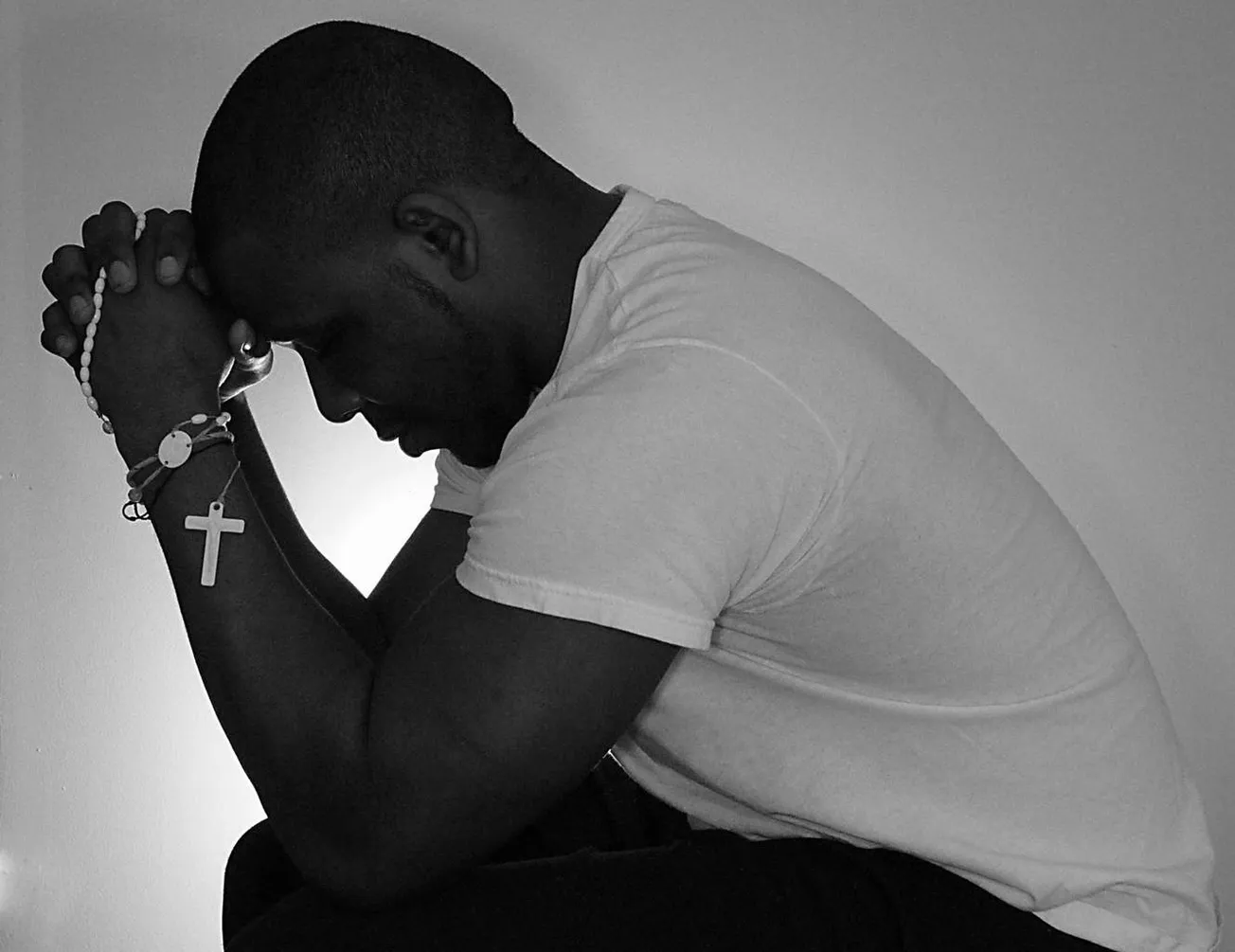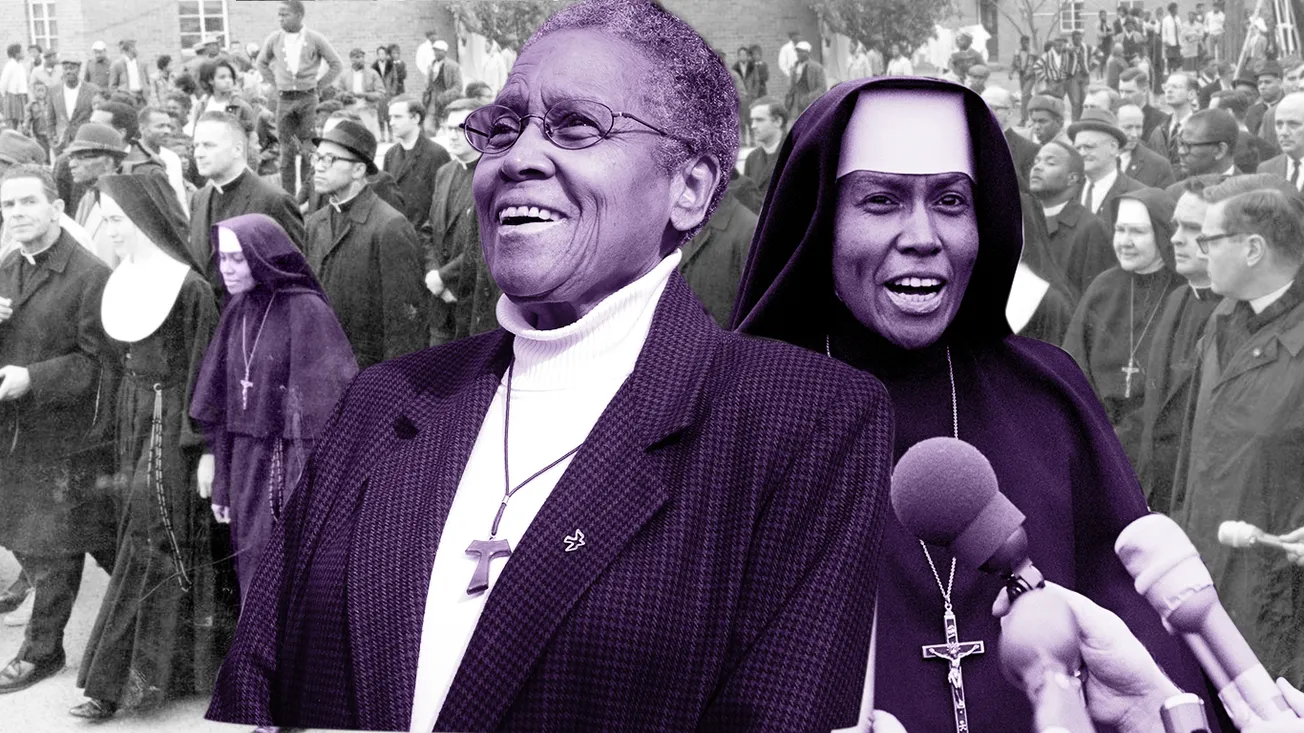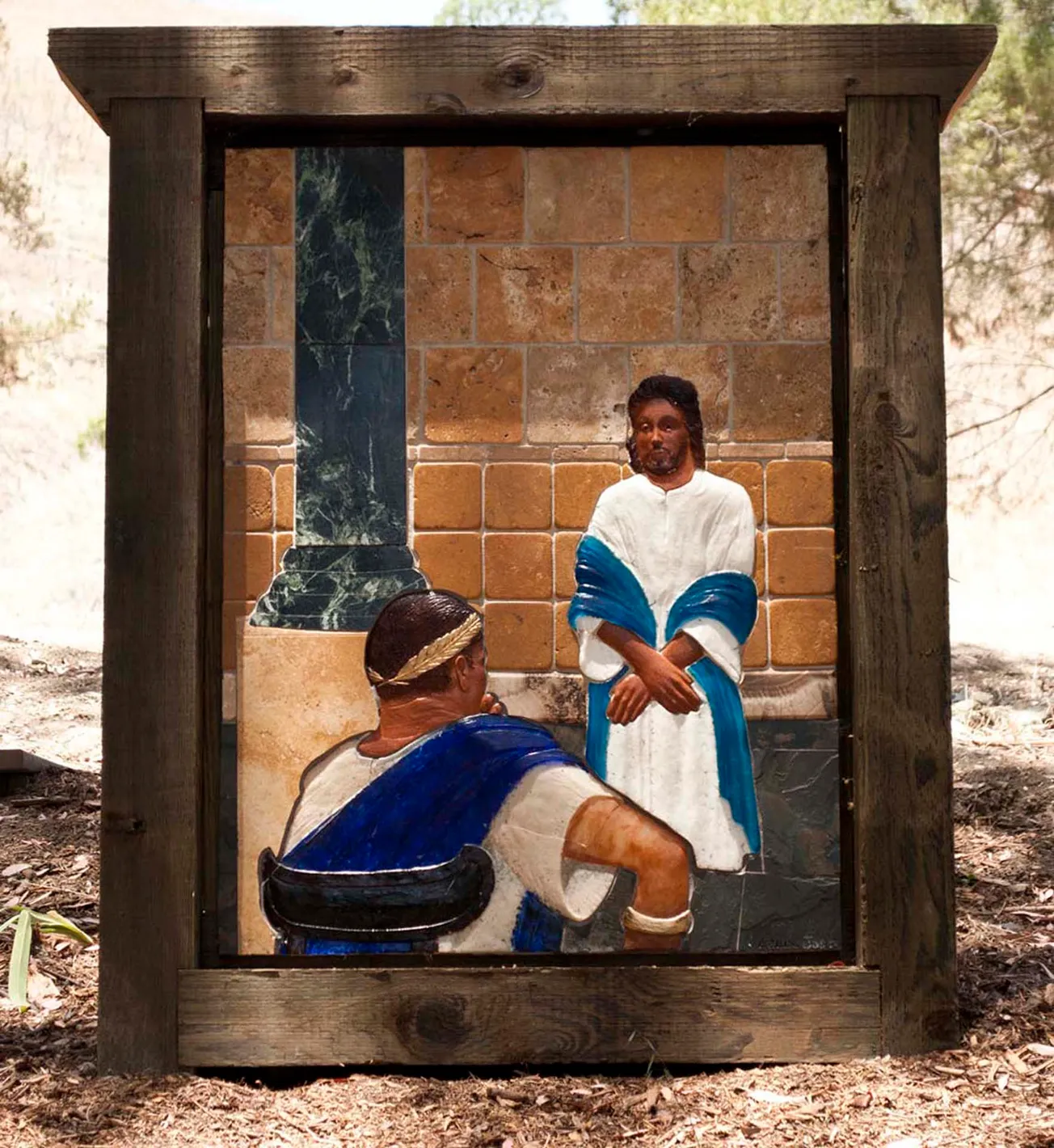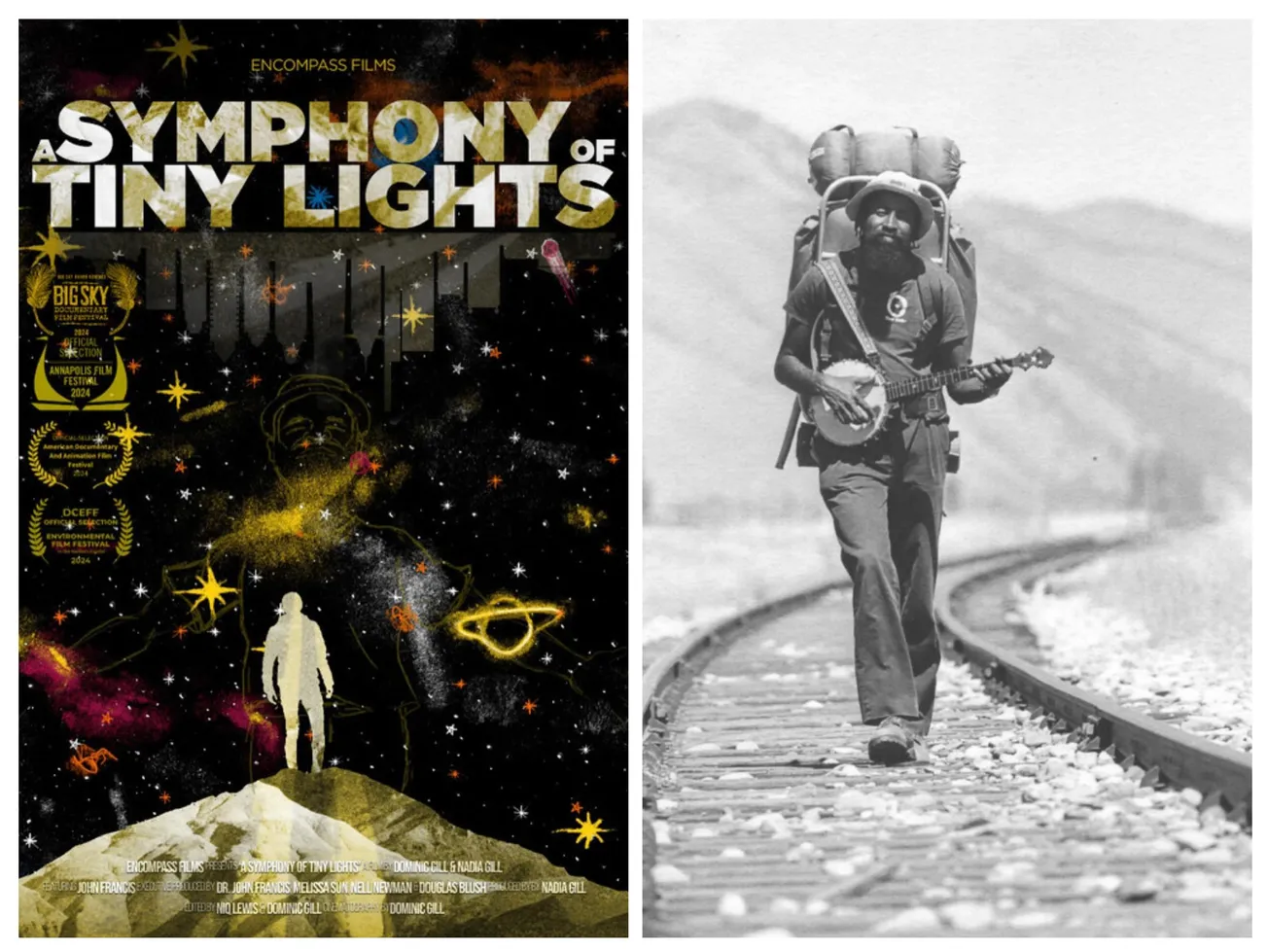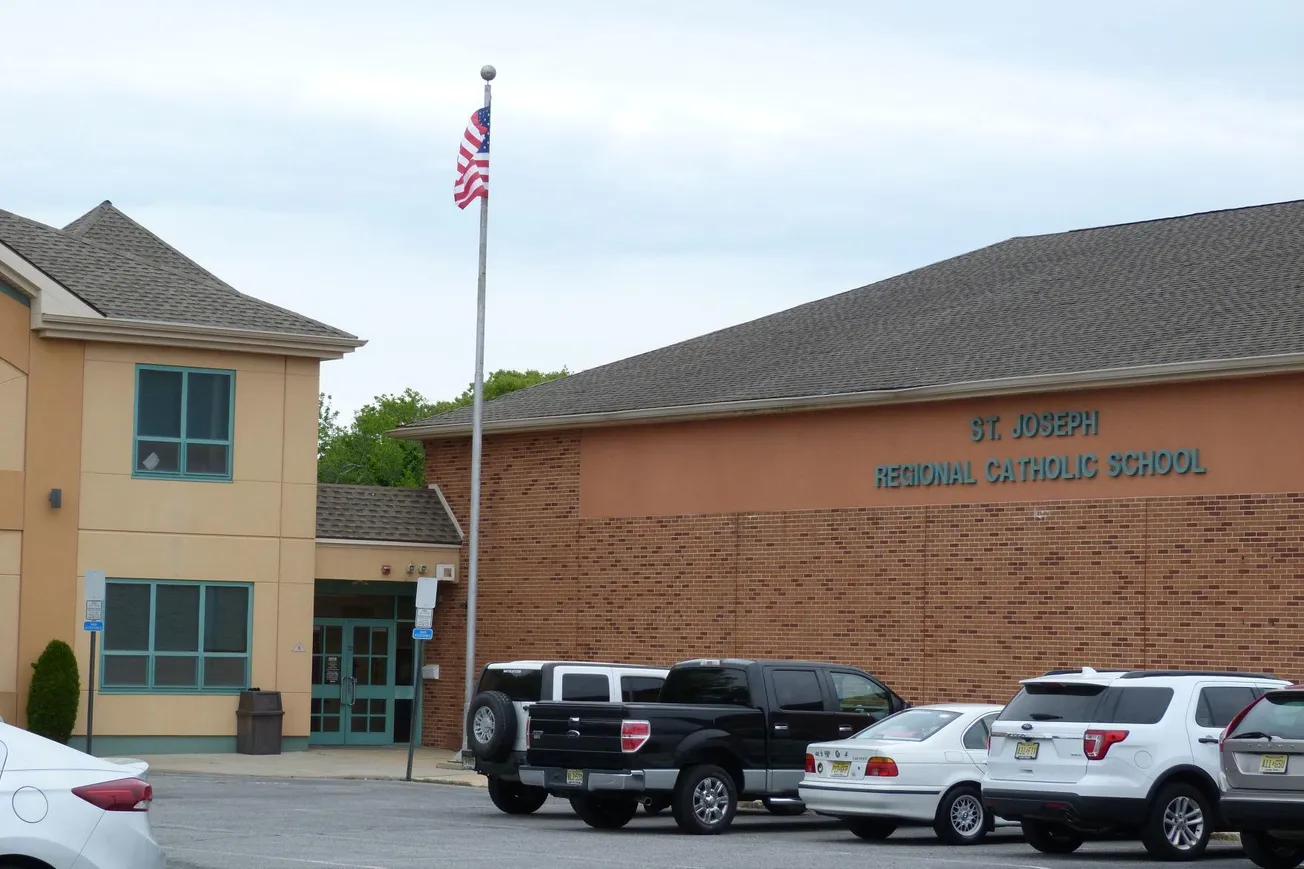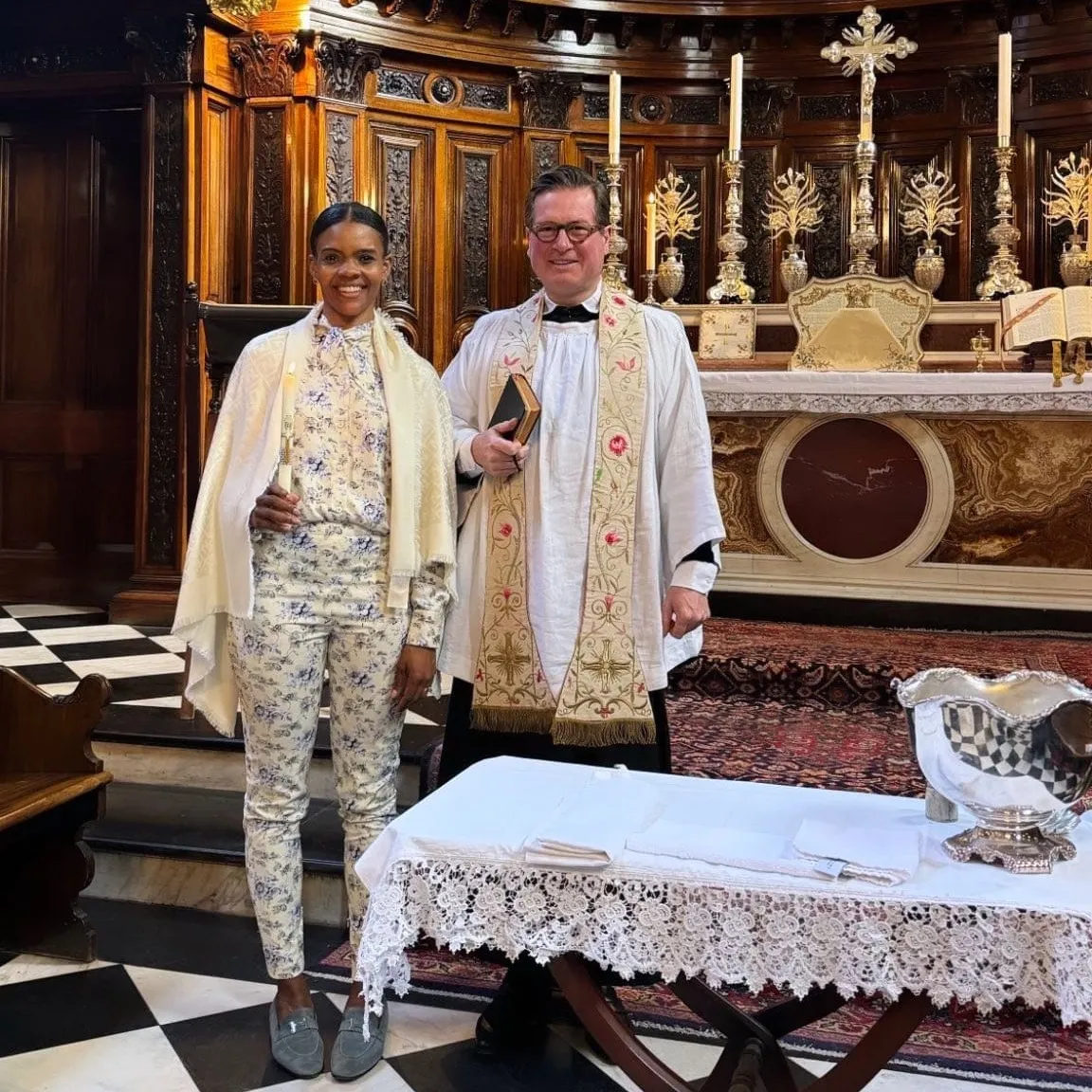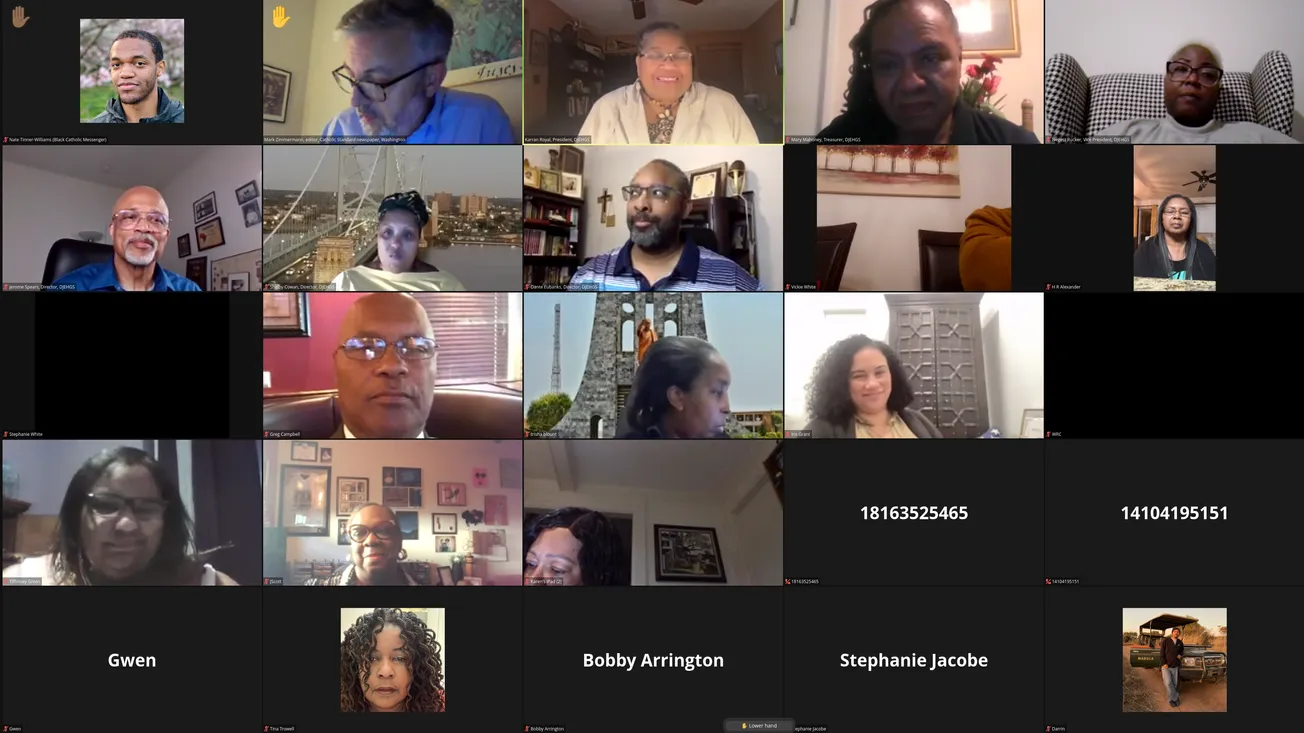"I'm Going Through"
Difficult times and problems will not slay me--
I'm going through.
Times may be rough and solutions not immediately at hand
but I'm going through.
Times may be unsteady and answers only remotely discerned
but I'm going through.
I have come too far to be turned around.
I have prayed too long to be dismayed or turned around.
The bottom line states as strong as my heart's conviction can make it is - I'm going through.
My God who holds tomorrow in his hand and who will allow me to hold the edge of his garment,
My God will lead the way, and I can state with heartfelt conviction -
no doubt of his love which is pure gold--
My God and I are going through.
My faith may get a little tattered and ragged at the edges,
but then he touches me ever so gently
and with faith aglow and joy in my soul--
gently I take up my cross and go through. Amen.
("Songs of Our Hearts, Meditations of Our Souls, Prayers for Black Catholics")
Black Americans are tired. This year, we've marched, we've demanded justice, we've educated, we've organized, we've cried, we've prayed.
And for what?
After all our efforts, the officers that murdered Breonna Taylor were not charged with her murder. Nearly half of all American voters tried to re-elect a president that spent the last four years spewing racism toward African-Americans and people of color throughout the world, inciting hatred and fomenting division.
Black Americans are disproportionately losing loved ones, jobs, and the place they call home due to the COVID-19 pandemic waging war on our country.
It's tempting to be either filled with anger and rage or wallow in despair and hopelessness. Sometimes both all at once. But as followers of Christ, we're called to do something that seems impossible at times: love our enemies and forgive those who wrong us.
Though mercy and forgiveness are often viewed as weak and passive traits in our culture, they are truly anything but. Instead, these twin virtues embody a radical way of living that has eternal reward.
Fr. William J. Watson's "Forty Weeks Sacred Story" program describes the power of mercy and forgiveness.
"The sacred story of all history, revealed on the last day, will show that the lost innocence and the broken hearts of humankind inaugurated the Great Work of Reconciliation. Because of Christ's mercy, each of us is now being invited to take our part in this work. The grace of mercy and forgiveness, received and offered, is the reconciling work that brings true progress to the world; it is the only work that brings fulfillment and bears fruit that endures to eternity."
Community, prayer, faith in God, and the intercession of our ancestors and the saints has carried African Americans through unspeakable horrors: from the Middle Passage to chattel slavery, from the Civil War to Jim Crow, and from the War on Drugs to mass incarceration.
But what if Black people's openness to forgiving the atrocities committed against them and extending mercy is what propels this country toward progress and a more just society? What if when we pick up our crosses and follow Jesus, we're paving the way toward lasting change?
To be fair, though, forgiveness and mercy alone will not heal America. There's definitely space for righteous anger. Like Jesus in the Temple, anger toward injustice and abuse compels us to work to overturn the policies and remove from power the people who continue to harm the African-American community.
Righteous anger registered a record number of people to vote and it led them to the polls to cast their ballots—many for the first time. Our anger is a battle cry uniting our voices and strength and warning those who oppress us that we will not back down in our pursuit for equality.
Yet, when we raise our eyes up to heaven and repeat Jesus's last words—"Father, forgive them, for they know what they do."—something shifts in our hearts and minds that ripples through eternity.
God's ways are mysterious. We don't know why His plan for salvation called for His only Son to be betrayed, arrested, whipped, marched to His death, and executed among criminals. Likewise, the pain and sorrow that has marked the lives of African-Americans seems unfair.
But we must remember that God's thoughts are higher than our thoughts, and that His ways are higher than our ways.
As Black Catholics, it's now our duty to raise our voices so those in office hear our priorities to end systemic racism and hold sacred the lives of all Americans, including the unborn, providing for children who need food and a quality education, aiding young people struggling with college debt, assisting parents burdened by daycare costs, and caring for elderly people suffering from illness and loneliness.
Christ rose from the dead and conquered the gates of Hell in the process. So too, Black followers of Christ have hope that through living out our faith, extending mercy and forgiveness to those who oppose and persecute us, we work to bring God's kingdom to earth.
Alessandra Harris is author of two novels and is a wife, mother of four, and co-founder of BCM. She earned degrees in Comparative Religious studies and Middle East Studies and currently studies in the Diocese of San Jose's Institute for Leadership in Ministry. She has also contributed to publications such as America Magazine, Grotto Network, and US Catholic. Her third novel is due in 2022.


